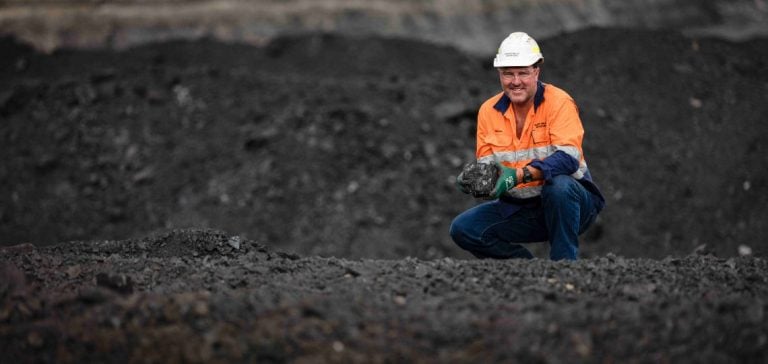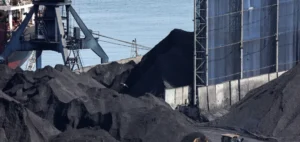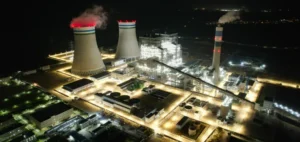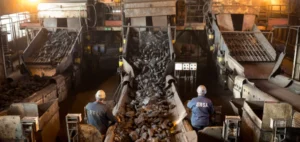Hunter Valley Operations (HVO), a joint venture between Australia’s leading coal miners Yancoal and Glencore, is planning to request a short-term extension for the continuation of its two major mining projects in New South Wales and at the federal level, according to an HVO statement seen by S&P Global Commodity Insights on October 14.
This initiative comes after HVO temporarily withdrew its application under the Environment Protection and Biodiversity Conservation Act (EPBC Act) seeking to extend the lifespan of its two regional mines by approximately 20 years. This decision follows concerns raised by officials regarding the impact of greenhouse gas (GHG) emissions from the extension. The New South Wales Department of Planning, Housing and Infrastructure has requested additional information on the matter, according to the statement.
Proposed Extension and Impact on Employment
Under its proposal, the HVO joint venture seeks to extend the lifespan of HVO North and HVO South until 2050 and 2045, respectively, from the current 2025 and 2030. “This (short-term extension) will give the New South Wales and Australian governments more time to complete their assessments of the HVO Continuation Project. It is also necessary to safeguard jobs for our workforce and provide certainty to our contractors, community partners, and the businesses that rely on us for work in the region,” the statement added.
HVO South and HVO North mines produce up to 42 million metric tons of high-quality thermal and semi-soft metallurgical coal each year. The company states that while there is strong demand for its high-quality coal in other countries to meet short- to medium-term energy needs, there will be little change to the scale or intensity of mining and no increase in approved annual production rates.
Performance and Production of HVO Mines
According to financial statements, run-of-mine (ROM) production at Yancoal’s HVO mines decreased by 14% year-on-year, while saleable production increased by 14% in the first half of 2024, ending June 30. The decrease in ROM production was primarily due to a combination of delays caused by wet weather, blasting quality issues, and below-target truck availability. ROM volumes are expected to recover in the second half of the year, the statement added.
Glencore, on the other hand, reported total coal production of 50.6 million metric tons in H1 2024, of which 27.9 million metric tons came from Australian mines, slightly down from 29.9 million metric tons in the same period the previous year. The statement does not separately mention production from HVO mines.
Global Demand and Market Dynamics
Demand for Australian thermal coal remains robust from China, which is experiencing above-average energy demand in the current fiscal year. China has been consistently trying to build stockpiles amid fears of shortages during peak winter months and drops in hydropower generation post-autumn. According to S&P Global Commodities at Sea data, China imported 34 million metric tons of thermal coal from Australia in H1 2024, up 48.5% year-on-year.
Conversely, Australian exports to Japan fell by 2.7% to 32.6 million metric tons in the same period amid Japan’s increasing reliance on nuclear energy and escalating prices of high CV Newcastle coal, the same data showed. Australian thermal coal is struggling to remain competitive in India as lower prices of South African coal continue to attract sponge iron buyers.
Market Reactions and Price Adjustments
An India-based trader stated, “The impact of HVO withdrawing a proposal for the largest coal mining project in New South Wales from consideration will not have any short-term impact. The availability of cargoes is already tight, and offers are very high, so Indian buyers don’t see any price advantage for the same.”
According to an Australian trader, on the contrary, China is unwilling to match the high offers from Australian suppliers, leading some miners to liquidate certain cargoes. Platts assessed the price for Newcastle 5,500 kcal/kg NAR at an average of $91.30/t FOB for January-June, down from $114.65/t FOB over the same period the previous year. The price for this grade was last assessed at $91/t FOB on October 11.






















